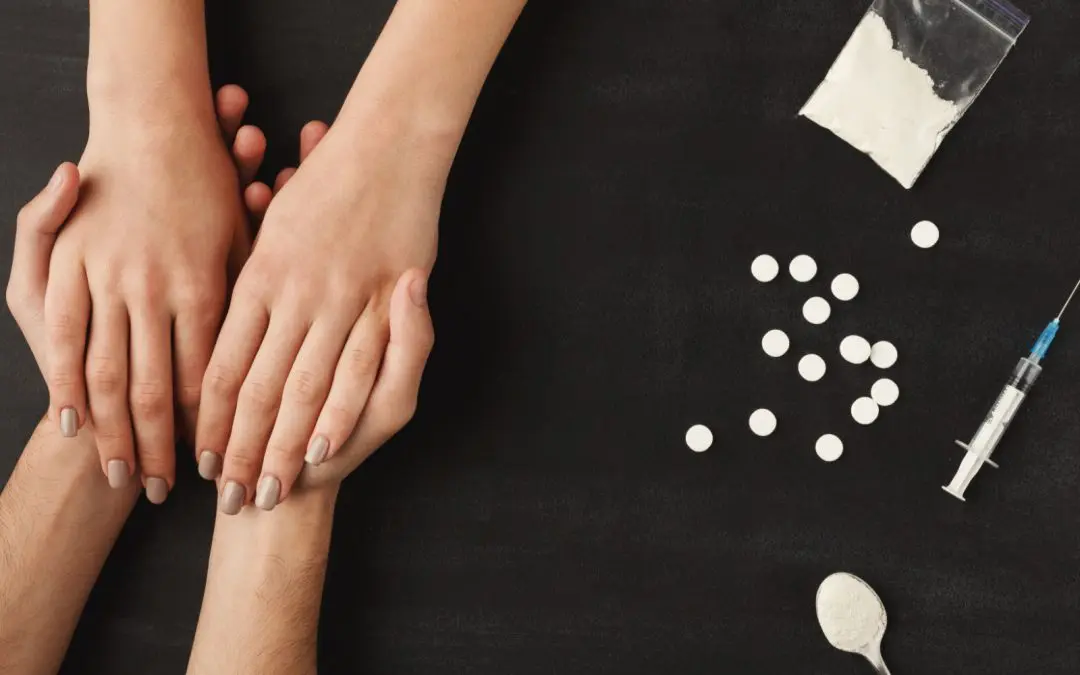24/7 Helpline:
(866) 899-221924/7 Helpline:
(866) 899-2219
Learn more about PTSD Treatment centers in Mcgees Mills
PTSD Treatment in Other Cities

Other Insurance Options

Amerigroup

Anthem

American Behavioral

Lucent

Ambetter

CareFirst

Access to Recovery (ATR) Voucher

Medical Mutual of Ohio

Premera

MHNNet Behavioral Health

Sutter

UnitedHealth Group

Self-pay options

Aetna

AllWell

Covered California

Absolute Total Care

Evernorth

BlueShield

BHS | Behavioral Health Systems




























